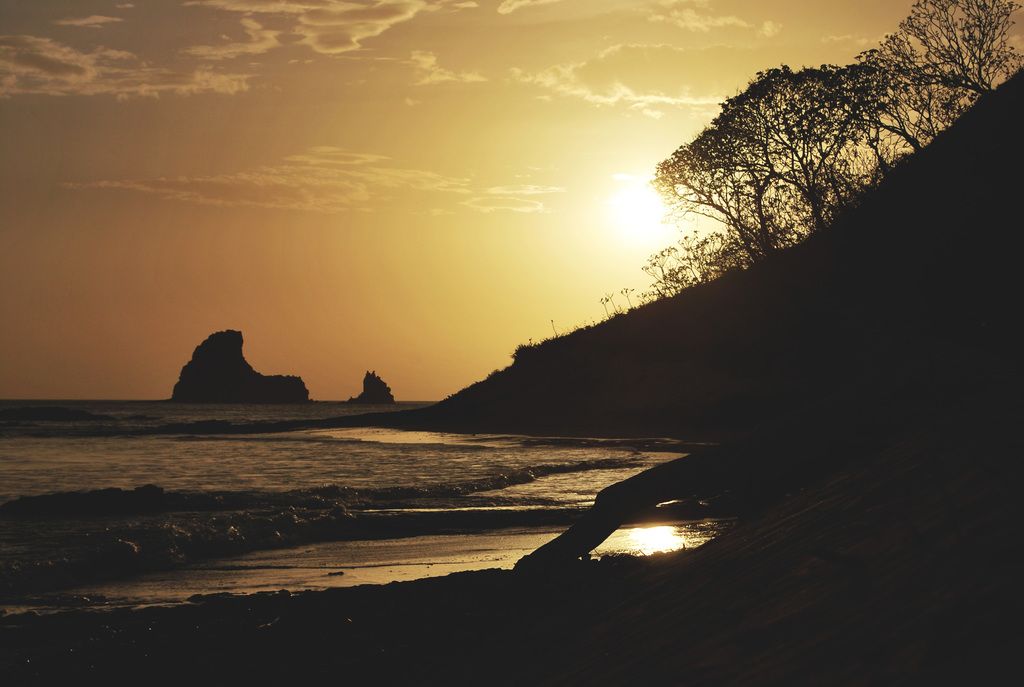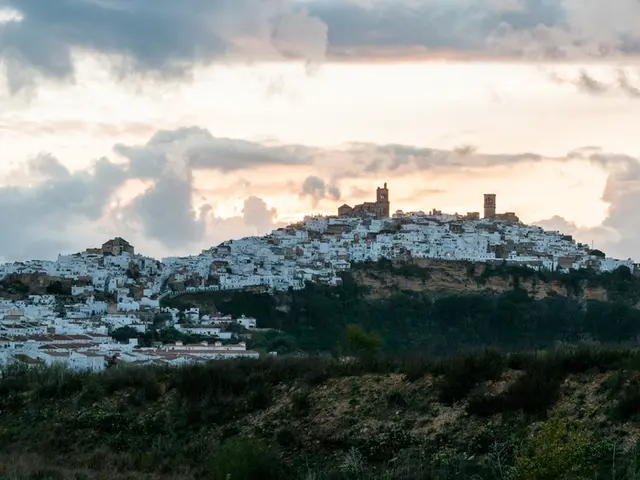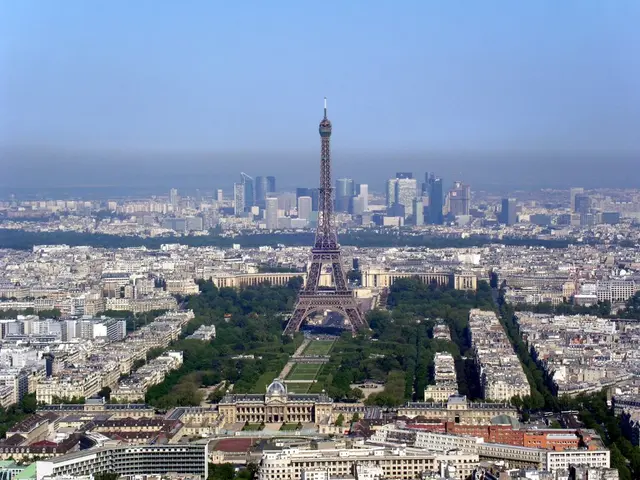Tragic Ayahuasca Trip: A US Tourist's Deadly Amazon Adventure
Tourist from the United States perishes following ayahuasca experience
Embarking on a spiritual journey, Aaron Wayne Castronova, a 41-year-old from the US, tragically lost his life in the Peruvian Amazon. His demise was attributed to a "decompensation" caused during his Ayahuasca experience, a psychedelic brew used for centuries in Amazonian rituals.
Investigations by the public prosecutor's office revealed the grim fact that Ayahuasca can lead not only to death but also to irreversible damage. Castronova's fatal encounter took place in an indigenous community in Santa María de Ojeda, a popular destination for the burgeoning Ayahuasca-focused tourism industry in Peru.
This horrific incident is not isolated, as a dark history of fatalities associated with Ayahuasca tourism has emerged. In a chilling echo, another tourist, from Ukraine, was found guilty of killing and dismembering a fellow compatriot under the influence of Ayahuasca in August 2024.
The Ayahuasca Craze among Tourists
This shamanic ritual unfolded in an accommodation in Loreto, a region that has, for around two decades, capitalized on tourists seeking spiritual experiences surrounding Ayahuasca. Ayahuasca is traditionally used by Amazonian tribes for healing purposes. Its legal status in Peru is controversial, as it can potentially pose severe health risks.
The Covid-19 pandemic has led to a surge in the popularity of Ayahuasca tourism, with participants seeking a spiritual retreat amidst the global health crisis. However, the lack of regulation and safety standards presents significant risks to unsuspecting tourists.
Ayahuasca's Deadly Side
Ayahuasca contains dimethyltryptamine (DMT), a powerful hallucinogen that can trigger severe adverse reactions, especially when combined with other medications. Such reactions can prove fatal, as highlighted by the string of incidents involving US citizens.
International Warnings and Concerns
The US Embassy in Peru recently issued a warning to its citizens, advising against consuming "traditional hallucinogens, often known as Ayahuasca or Kambo." The Australian government has also issued similar warnings, raising concern over the growing unregulated Ayahuasca tourism industry.
In conclusion, Ayahuasca tourism in Peru offers a tempting allure for those seeking a profound spiritual awakening. However, the grave risks associated with its use must be fully understood before embarking on such a journey. With the lack of regulations and safety measures, tourist lives hang in the balance. Tread with caution.
[1] ntv.de, mwa/AFP[2] usmissionperu.org[3] travel.state.gov[4] ncbi.nlm.nih.gov[5] Tripp tbomb.wordpress.com
- Tags: Deaths, Amazon Rainforest, Drugs, Peru, Tourism Industry
- Despite its promises of spiritual awakening, the community policy surrounding Ayahuasca vocational training in the Amazon Rainforest should thoroughly address the potential health risks and fatalities associated with its consumption.
- Awareness of mental-health concerns and therapies-and-treatments related to Ayahuasca use is crucial as the tourism industry continues to grow, particularly in regions like Loreto, Peru.
- As the demand for health-and-wellness alternatives surges during crises such as Covid-19, finance authorities must consider implementing regulatory practices to protect consumers and ensure the safety of Ayahuasca-focused tourism.
- Travel advisories from international institutions, such as the US Embassy and the Australian government, issue warnings about traditional hallucinogens like Ayahuasca, raising concerns over the impact on lifestyle and general-news narratives related to these substances.
- Echoing incidents of crime-and-justice committed under the influence of Ayahuasca, the growing unregulated Ayahuasca tourism industry requires strict oversight and safety-measures to mitigate the risks to unsuspecting tourists.








